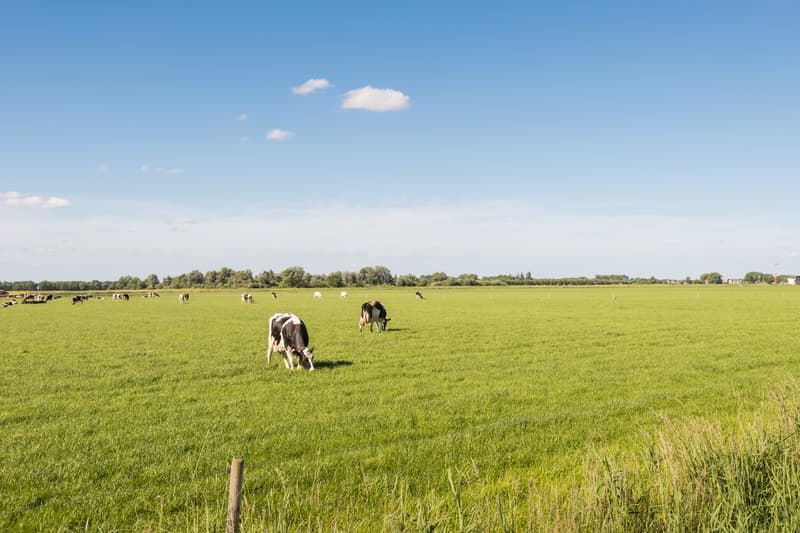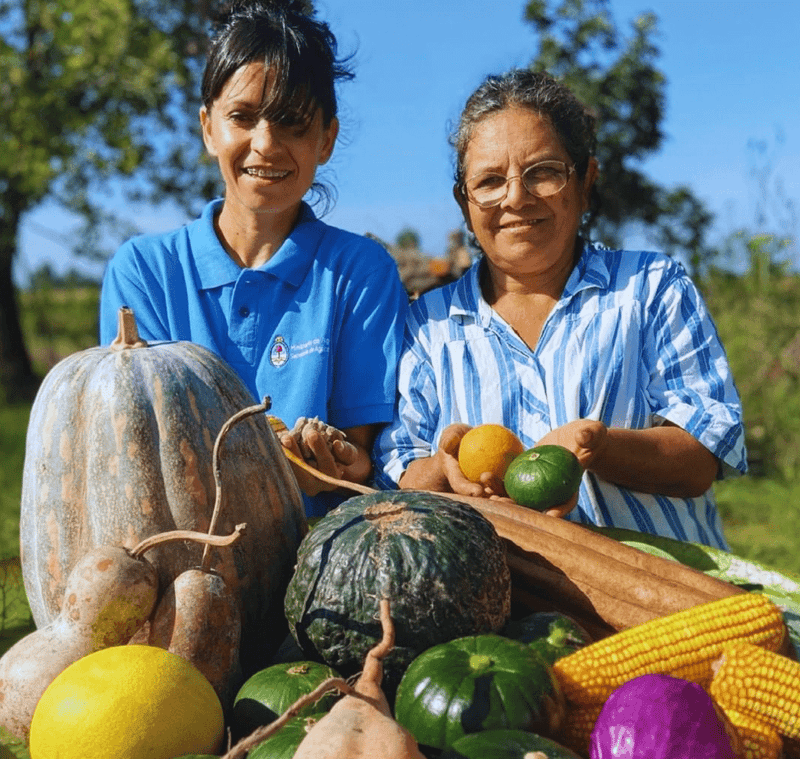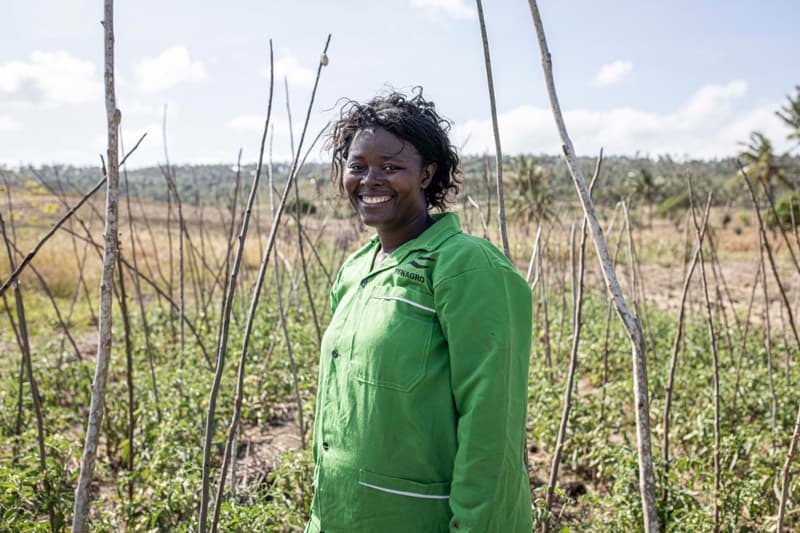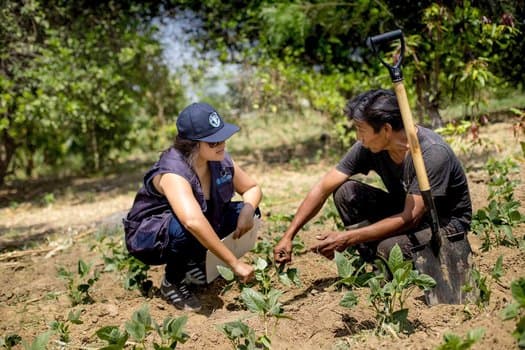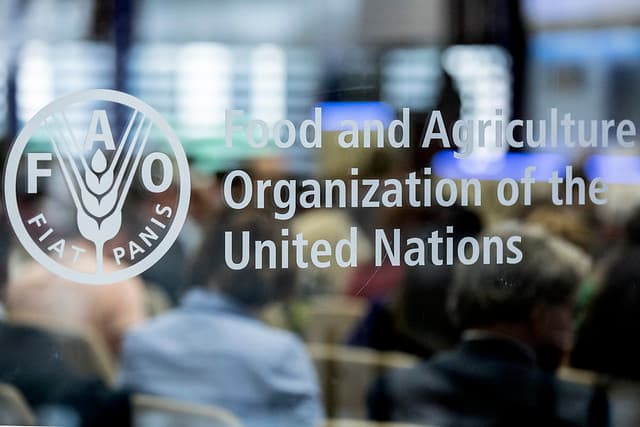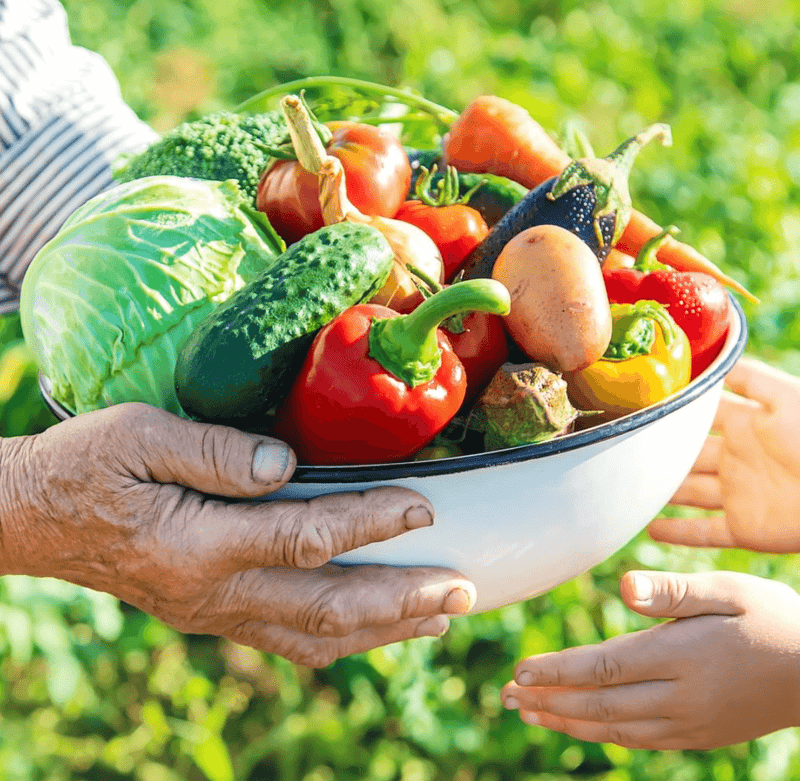Agro-Logistic and Value Chain Analysis Specialist
Sanaa
- Organization: FAO - Food and Agriculture Organization of the United Nations
- Location: Sanaa
- Grade: Consultancy - Consultant - Contractors Agreement
-
Occupational Groups:
- Logistics
- Agriculture and Forestry
- Sustainable trade and development
- Transport and Distribution
- Closing Date: 2023-11-29
IMPORTANT NOTICE\: Please note that Closure Date and Time displayed above are based on date and time settings of your personal device
- FAO is committed to achieving workforce diversity in terms of gender, nationality, background and culture.
- Qualified female applicants, qualified nationals of non-and under-represented Members and person with disabilities are encouraged to apply;
- Everyone who works for FAO is required to adhere to the highest standards of integrity and professional conduct, and to uphold FAO's values
- FAO, as a Specialized Agency of the United Nations, has a zero-tolerance policy for conduct that is incompatible with its status, objectives and mandate, including sexual exploitation and abuse, sexual harassment, abuse of authority and discrimination
- All selected candidates will undergo rigorous reference and background checks
- All applications will be treated with the strictest confidentiality
Organizational Setting
Yemen has great potential for agriculture production given its wide range of microclimates, with varied soil types, rainfall and altitude. Its proximity to the Gulf consumer market gives the country some advantages in the export of agricultural commodities. Yemen has the potential to be a regional competitor in several agricultural export supply chains such as fruits, vegetables, coffee, nuts, fisheries, and honey. However, recurring natural disaster (drought, flood, cyclones and desert locust upsurge) and conflict hinder the realization of its potentials.
The agri-food system that comprises direct production, input production, and trade and services components has continued to function despite the prevailing conflict. Food importers have adopted dynamic operational modalities in a complex and politicized environment to continue their operations. However, the prevailing conflict has had a toll on the country’s logistics, physical infrastructure, and costs of trading, and has had cascade effects in the various aspects of the agri-food sector. For example, the price of food has doubled between 2015 and 2019 and continues to rise. The number of employed Yemenis has halved over the same period according to ACAPS report in food supply chains. The restriction measures put in place to curb the spread of the COVID-19 virus have also affected agricultural value-chains from producers to consumers. They have decreased access to agricultural inputs, pastureland, water, and complicated transportation of products to the market.
Over 24 million people (or 83 percent of the total estimated population) are food insecure in Yemen, including a staggering 16.2 million people in Integrated Food Security Phase Classification (IPC) Phase 3 requiring emergency assistance. Food insecurity in Yemen is driven by constrained food production, supply and distribution and households’ diminishing purchasing power.
Traditional export commodities like coffee, fish and honey have declined in the past 5 years due to conflict and its corresponding effect on transport and logistics. The closure of the land border with Saudi Arabia for example affected primarily the local farm produce and fisheries catch, recording a significant cumulative decline in exports at about 80% and above for fisheries, vegetables and fruits, honey, and coffee. On a larger scale, this also affected local agricultural production in general due to the unavailability of raw materials needed for production, such as fertilizers, pesticides, vaccines, improved seeds, and machinery.
Reporting Lines
Under the overall supervision of the FAO Representative, the direct supervision of the Senior Programme Coordinator in Yemen, and in close coordination with technical staff of FAO Yemen team and stakeholders, the International Agri-food Systems Expert will be responsible for the below mentioned tasks.
Technical Focus
The International Agri-food Systems Expert, in close coordination with technical staff and stakeholders, will conduct an agro-logistic study in different Governorates of Yemen. This study will assess constraints, challenges, and opportunities agri-food supply chains in general. The assessment will also take stock of the current logistic (transportation network and associated cost) of agricultural produces (domestic and export oriented) from the point of production to consumption with the focus of six of the prioritized value chain. . The study will build on the recently finalized analysis of six value chains in Yemen, which will present specific entry points for investments and will delve into two value chains in detail. The study will aim to assess how improved agro-logistic can better contribute to food security, livelihoods, export and jobs by ensuring sustainable utilization of the resources for the benefit of the Yemeni people.
Tasks and responsibilities
• Inception meeting with FAO country office, the World Bank, and Government Ministry staff for mission orientation and agreement over a detailed methodological approach to the study, mission implementation arrangements, and the format of reporting outputs.
• Assess constraints, challenges, and opportunities of agri-food supply chains in general. The study will build on the recently finalized analysis of six value chains in Yemen, which will present specific entry points for investments.
• Take stock of the current logistic (transportation network and associated cost) of agricultural produces (domestic and export oriented) from the point of production to consumption with the focus of six of the prioritized value chain.
• Elaborate mapping of the two prioritized value chain (vegetables and cereals) that include actors, activities and inter-connectedness) in Yemen, from production to the point of consumption (i.e. potentially involving producers, traders, transporters, processors, and exporters) based on field assessment. The previous mapping exercise conducted in HiHI will be used as starting point
• Based on consultations with core actors in the value chains, identify opportunities than enhance the competitiveness of the two prioritized value chains in the context of local and regional market, having in mind the context of smallholder farmers.
• Based on consultations with government officials and service providers in the extended value chain, clarify the rules and regulations (e.g., standards, laws, informal rules and norms-taxation and permits) related to the two prioritized value chains. Outline any gaps that must be filled so smallholder farmers can sustainably increase production, improve export, and increase their revenue from these value chain, and how the value chain can be developed (potential can be harnessed).
• Conduct a workshop towards the end of the mission to Yemen with key stakeholders in Aden to validate mission findings.
• Prepare a written report documenting the findings from the above tasks, and which would articulate a future action plan to improve agri-food system particularly two selected value chain and identify opportunities for enhancing agricultural production.
• Perform other duties as required.
CANDIDATES WILL BE ASSESSED AGAINST THE FOLLOWING
Minimum Requirements
• University degree in Economics, Agricultural Economics, Agricultural marketing, value chain management or related technical disciplines.
• Minimum five (5) years of relevant experience in supporting the agricultural sector.
• Working knowledge of English, French or Spanish and limited knowledge of one of the other two or Arabic, Chinese, Russian.
FAO Core Competencies
• Results Focus
• Teamwork
• Communication
• Building Effective Relationships
• Knowledge Sharing and Continuous Improvement
Selection criteria
• Working knowledge of Arabic language is an asset;
• Extensive experience in value chain/ supply chain analysis in the agri-food sector
• Demonstrate an ability and a familiarity with survey work, analytical methods and tools is beneficial for an enhanced technical capacity
• Good coordination and facilitation capability, and experience in field surveys, studies and assessment
• Excellent oral and written communication skills including report writing
• Good interpersonal skills and networking with partners at all levels (ministry, NGOs, private sector operators and local community based organizations).
Please note that all candidates should adhere to FAO Values of Commitment to FAO, Respect for All and Integrity and Transparency
ADDITIONAL INFORMATION
- FAO does not charge any fee at any stage of the recruitment process (application, interview, processing)
- Please note that FAO will only consider academic credentials or degrees obtained from an educational institution recognized in the IAU/UNESCO list
- Please note that FAO only considers higher educational qualifications obtained from an institution accredited/recognized in the World Higher Education Database (WHED), a list updated by the International Association of Universities (IAU) / United Nations Educational, Scientific and Cultural Organization (UNESCO). The list can be accessed at http\://www.whed.net/
- For more information, visit the FAO employment website
- Appointment will be subject to certification that the candidate is medically fit for appointment, accreditation, any residency or visa requirements, and security clearances.
HOW TO APPLY
• To apply, visit the recruitment website at Jobs at FAO and complete your online profile. We strongly recommend that your profile is accurate, complete and includes your employment records, academic qualifications, and language skills
• Candidates are requested to attach a letter of motivation to the online profile
• Once your profile is completed, please apply, and submit your application
• Candidates may be requested to provide performance assessments and authorization to conduct verification checks of past and present work, character, education, military and police records to ascertain any and all information which may be pertinent to the employment qualifications
• Incomplete applications will not be considered
• Personal information provided on your application may be shared within FAO and with other companies acting on FAO’s behalf to provide employment support services such as pre-screening of applications, assessment tests, background checks and other related services. You will be asked to provide your consent before submitting your application. You may withdraw consent at any time, by withdrawing your application, in such case FAO will no longer be able to consider your application
• Only applications received through the FAO recruitment portal will be considered
• Your application will be screened based on the information provided in your online profile
• We encourage applicants to submit the application well before the deadline date.
If you need help or have queries, please create a one-time registration with FAO’s client support team for further assistance\: https\://fao.service-now.com/csp
FAO IS A NON-SMOKING ENVIRONMENT

